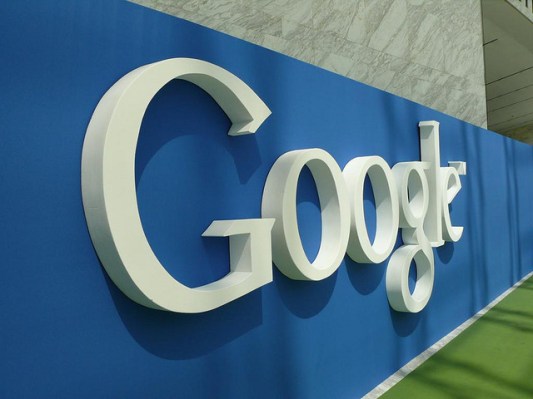Google has already started to see a stream of new requests to be digitally “forgotten,” following a ruling by the European Court of Justice on a complaint by a Spanish man seeking to have results related to his name and a property closure removed from the search engine were successful. It’s not a good sign for Mountain View; these requests could quickly become a big new headache for the search provider to deal with, especially if these initial requests are representative of what’s to follow.
The requests for removal of results come from an ex-politician looking to be re-elected, who would rather links detailing bad behavior in office not appear under his name; a doctor who doesn’t like the negative reviews from patients that appear when he’s searched for; and a convicted paedophile who wants details of his court conviction for possession of child abuse images taken down.
All of the above instances were uncovered by the BBC, and have reportedly popped up since the European court sided with the Spanish citizen who brought the original case. Critics of the decision, which include Wikipedia founder Jimmy Wales and numerous anti-censorship and free speech organizations, say that the ruling has too much potential for abuse, and give leverage to those who would see information suppressed from public view.
The court argues that in cases where the individual is a public figure, there’s a different standard of expected privacy, but there’s no firm delineation on who is and isn’t a public persona. And in the cases mentioned above, there’s definitely an argument to be made that suppressing that information could potentially actually harm the public good, especially if the links in question don’t present any verifiably counterfactual information.
Also related to the ruling, Google has said it will implement a mechanism for the public to make such requests in just two weeks time, according to Germany’s privacy protection authority. That indicates that while the search engine described the result of the European court’s ruling as disappointing earlier this week, it’s moving quickly to implement a means to comply with its implications in EU member countries.
Overall, this looks like it has the potential to snowball into a huge headache for Google, which already deals with millions of link removal requests per week due to copyright violations. Private individuals availing themselves of a direct complaint line, even if only in the EU, will add considerably to the amount of back office sifting, verification and response generation that could occur. And if Google errs on the side of caution to avoid countless legal squabbles, we could indeed see a much more censored version of the Internet than we’re used to, at least as accessed by the web’s largest discovery portal.
